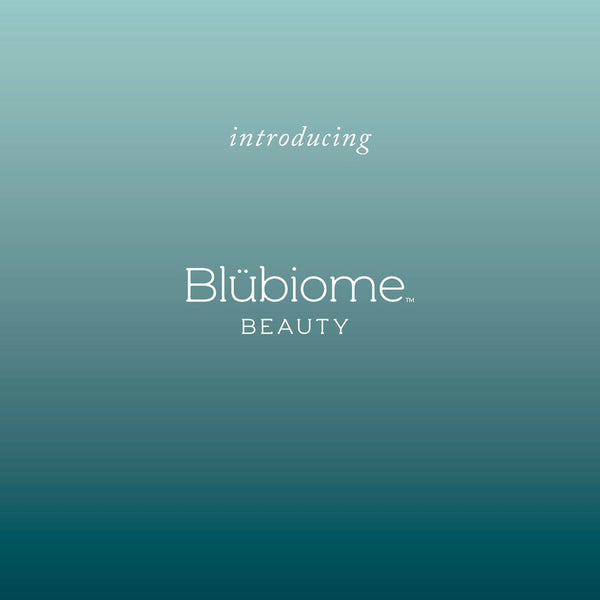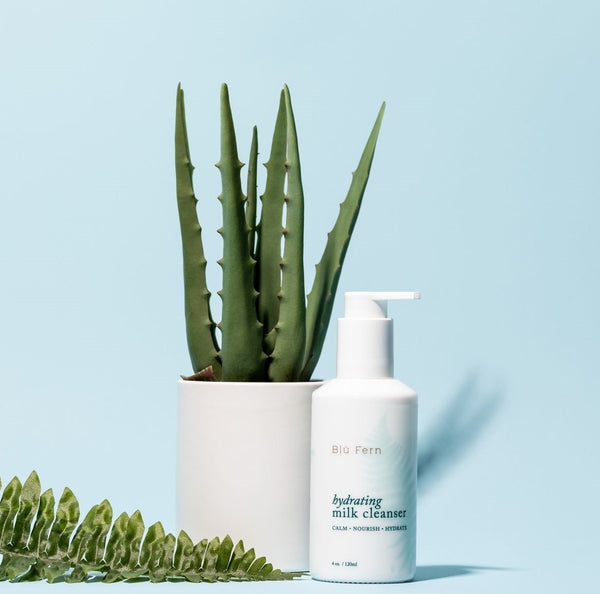When you’re buying new skincare products or carefully applying your skincare regimen, your mind is probably on things like maintaining a youthful, fresh appearance and healthy, moisturized skin. You’re probably not thinking about bacteria however taking care of your skin is actually very related to your skin microbiome, something that most people haven’t even heard of, let alone give much consideration to.
The truth is that protecting and balancing your skin microbiome is essential to your skin’s health. To help you out, we’ve put together this quick guide to what your skin microbiome is and why it matters so much.
What Is a Microbiome?
A microbiome is an ecosystem of bacteria, fungi, and viruses living in and on an organism. You have one in your gut and you also have one on your skin. It may sound gross, but the microbiome is actually crucial to your health. In fact, as the years go by, scientists realize that the microbiome is only more and more important than we originally conceived. Helping defend your skin and keep it healthy, you should be pretty grateful for all of the work that this little microbe genome puts in.
Why Does Your Skin Microbiome Matter?
So what exactly does your skin microbiome do for you? Well, actually quite a lot. First, it helps guard against harmful pathogens that can affect the health of your skin and overall body. Yep, the good bacteria on your skin help keep the bad bacteria out.
The skin microbiome also helps make your skin less sensitive and more resilient. That means it’s able to maintain its health even in harsh conditions like sunny, dry, or windy climates or when you expose it to something like a chlorinated pool.
Finally, a balanced microbiome is what makes your skin look and feel healthy, glowing, and balanced. So if you want to look your best, you’d better keep your skin microbiome happy.
On the other hand, though, when your skin microbiome is out of balance, meaning that there are more harmful bacteria present than healthy bacteria, it can leave your skin feeling itchy and dry, looking dull, breaking out, and even getting sick and suffering from rosacea and dermatitis.
How to Maintain a Healthy Skin Microbiome
Now that you know how important the skin microbiome is, you’re probably wondering what you can do to keep it balanced and healthy. Thankfully, it’s pretty straightforward.
First, you want to try to maintain good overall health. In fact, keeping your gut microbiome healthy can also contribute to maintaining the health of your skin microbiome. So by eating healthy foods rich in fiber, prebiotics, and probiotics, you can actually make both your gut and skin happy. Great foods to include in your diet for optimal microbiome health include onion, garlic, leeks, asparagus, yogurt, pickles, miso, kimchi, and sourdough bread. Yum!
When it comes to skincare, we’d caution against using antibacterial soap or foaming cleansers on your face, as it can damage your skin microbiome by removing both bad and good bacteria and throwing your microbiome out of balance. Instead, try using a gentle cleanser that is formulated to go easy on your skin and its microbe friends.
As far as the rest of your skincare routine goes, it’s a great idea to try out products that are actually formulated specifically to help you balance and maintain a healthy skin microbiome. Just like you can consume prebiotics to help your gut microbiome, you can also use prebiotics on your skin to help ensure ideal skin health and protect your skin's microbiome.
Blübiome Beauty develops natural skincare products with plant based ingredients and prebiotics which are meant restore, nourish and balance the skin's natural microbiome, stimulating beneficial skin bacteria and protecting your skin’s outermost layer.
We’re committed to do no harm to your skin or the environment, working in harmony with your body and your skin’s natural microbial inhabitants to help keep your skin at its healthiest and most beautiful.
Remember, your skin microbiome is your friend, and it wants to help you stay healthy and look your best. All you need to do is help it do its job by creating an environment for beneficial bacteria to flourish.
 Skip to content
Skip to content




